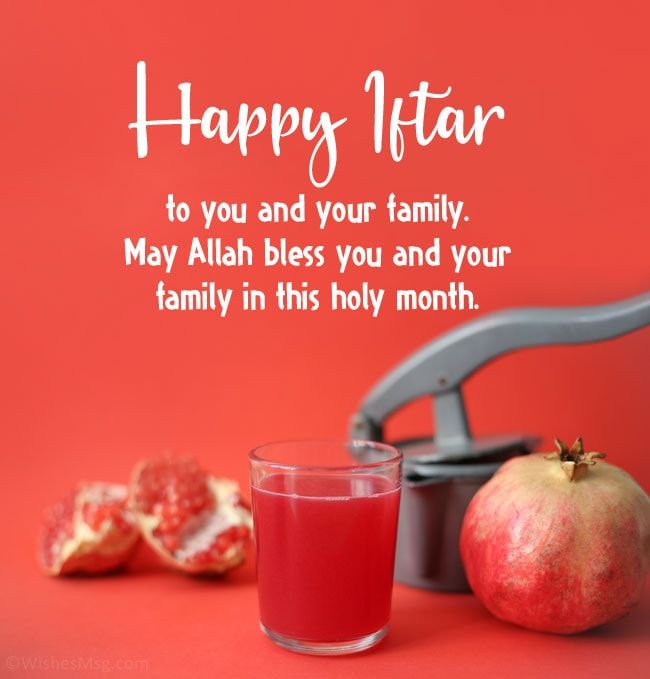Table of Contents Show
Iftar is a significant event during the holy month of Ramadan, marking the end of the daily fast observed by Muslims from dawn until sunset. The word “iftar” itself means “breakfast,” and it symbolizes the moment when one can enjoy a meal after a long day of fasting. The act of breaking the fast is often accompanied by prayers, gratitude, and communal gatherings, making it a joyful occasion for individuals and families.
The Cultural Significance of Iftar
Iftar is not just a meal; it represents a time of reflection, community, and celebration. It is a moment when families and friends come together to share food and stories, fostering a sense of unity and togetherness. Many Muslims begin their iftar with dates and water, following the tradition of the Prophet Muhammad (peace be upon him). This practice is deeply rooted in Islamic teachings, highlighting the importance of gratitude and simplicity.
In various cultures around the world, iftar is celebrated with unique local dishes, showcasing the rich diversity of culinary traditions within the Muslim community. From samosas in South Asia to tagines in North Africa, each region adds its flavor to the iftar table, making it a vibrant and festive occasion.
Community and Charity During Iftar
Another vital aspect of iftar is the emphasis on charity and helping those in need. Many Muslims take this opportunity to donate food or money to the less fortunate, ensuring that everyone can partake in the blessings of Ramadan. Community iftars are often organized in mosques and community centers, where people from different backgrounds come together to share a meal, fostering interfaith dialogue and understanding.
The communal aspect of iftar not only strengthens bonds within the Muslim community but also extends to those outside of it. In many places, non-Muslims are invited to join in the iftar celebrations, promoting cultural exchange and building bridges among diverse communities.
Health and Well-being During Iftar
While iftar is a time of indulgence, it is essential to approach it mindfully. After a day of fasting, many people may be tempted to overeat, which can lead to discomfort and digestive issues. Health experts recommend breaking the fast with light snacks before moving on to a more substantial meal. Foods rich in nutrients, such as fruits, vegetables, and whole grains, can help replenish energy levels and maintain overall well-being.
Hydration is also crucial during Ramadan, especially during iftar. Drinking plenty of water and avoiding excessive sugary or caffeinated drinks can help keep the body hydrated and functioning optimally throughout the fasting month.
In conclusion, iftar is a time of joy, community, and reflection. It embodies the essence of Ramadan, reminding Muslims of the importance of compassion, gratitude, and togetherness. As families gather to break their fast and share meals, they not only nourish their bodies but also their souls, creating lasting memories and strengthening their faith.










